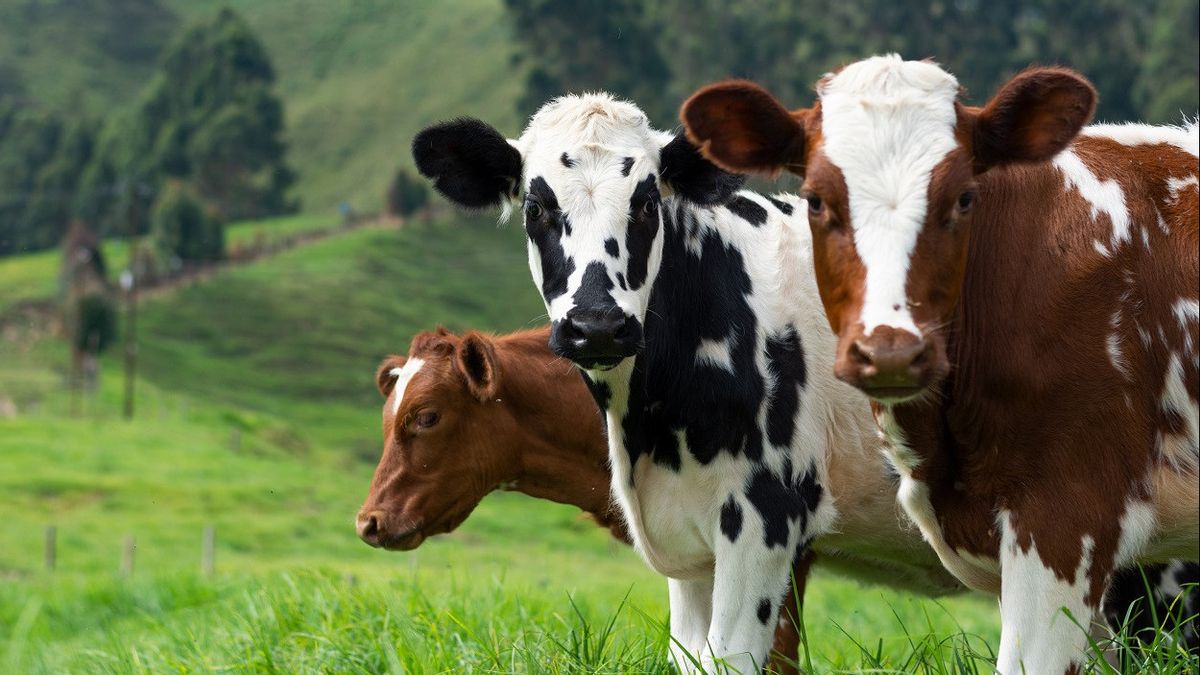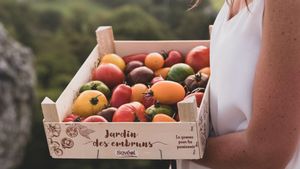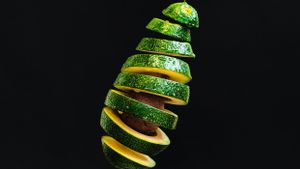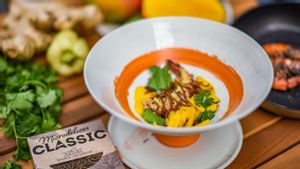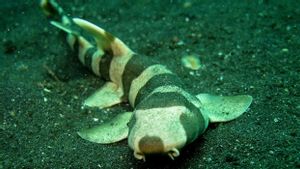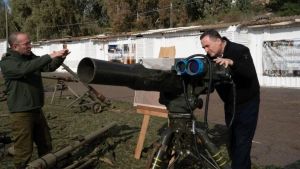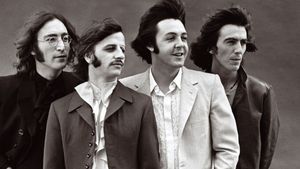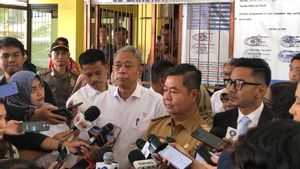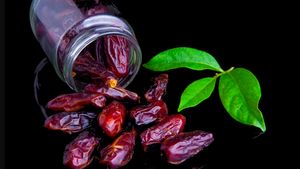JAKARTA - A study conducted by the French National Center for Scientific Research (CNRS), found that Europe is likely to be able to meet its own consumption needs without imported food by 2050.
The study, which looks to the past to change the future, found that environmental factors and the increased use of synthetic fertilizers since World War II caused Europe to continue to import agricultural goods.
Animal products such as meat, dairy, fish, vegetable products, and groceries are all imported from outside Europe to meet consumption needs, keeping food shelves fully stocked.
As a small example, as reported by Euronews, Tuesday, June 22, about 47 percent of vegetable products for consumption by the European population in 2020 are imported products imported from outside Europe.
So, how can the European community change the pattern of meeting their needs?

Scientists at CNRS say, with a three-step process, Europe can have an organic, sustainable, and biodiversity-friendly agricultural food system.
This stage is believed to be able to make Europe independent in producing and meeting consumption needs in 2050. The first step involves changing diet, including reducing the number of animal products we eat.
Between 1961 and 2013, Europe's population increased from 428 to 540 million. This increase had a direct impact on overall protein consumption in the European region, which grew from 35 percent to 55 percent. That is, the average protein consumption of each increased by about 80 percent.
"By limiting consumption of animal products, the pressure on livestock will be reduced and consequently the desire to import is reduced", according to the researchers.
The second step is to eliminate industrial agriculture by creating space to diversify crop rotations, using already available soil and minerals. It is hoped that this will also reduce the number of synthetic pesticides and fertilizers used, reducing the amount of nitrogen produced and released into the atmosphere.
The final step includes combining crops and livestock that never really meet in today's industry. Scientists hope that the proximity of animals and plants will allow for a smoother recycling process.
"Recycling of human waste could be a key factor in creating a cleaner Europe by 2050. It is estimated that recycling around 70 percent of human waste could make a huge difference in pushing for a cleaner and more environmentally friendly Europe", the researchers said.
SEE ALSO:
With this three-step process, the researchers believe Europe could become a key player in the food export industry by 2050.
The English, Chinese, Japanese, Arabic, and French versions are automatically generated by the AI. So there may still be inaccuracies in translating, please always see Indonesian as our main language. (system supported by DigitalSiber.id)
